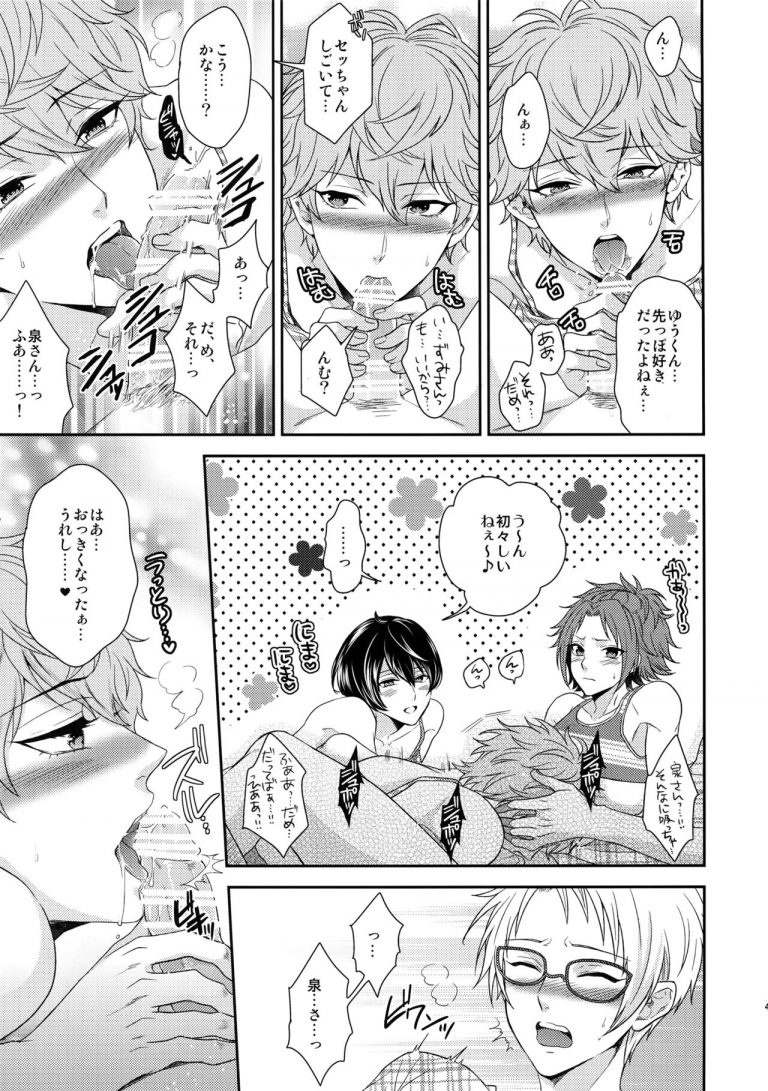

It loosely translates to “seriously?” as a sentence on its own, and the particle ‘de’ is optional.Īno rooraakoosutaa wa maji de kowai mitai.

‘Meccha’, ‘chou’ and ‘maji’ can be used interchangeably, but ‘maji’ is mostly used to express shock, be it positive or negative. Now you’re talking! ‘Chou’ and ‘meccha’ mean the same thing, but if you’re in the Kansai area, you will hear ‘meccha’ more often as the word originates from the Kansai area. Here are some examples of the 3 slang words being used:Ī: Senshuu no tesuto wa meccha yasashikatta. In situations like these, you may have heard these words being used instead:
#Japanese totemo tv#
What if the ramen was really delicious? Or that actress you saw on TV was just so cute? While it is a safe word, it gives off a rather polite vibe to your expression. If you have had the chance to listen to native Japanese speakers communicate, you may notice that the word ‘totemo’ is rarely used when expressing themselves. We’re accustomed to hearing ‘so’, ‘like’, ‘really’ and the list goes on. Like the English language, there are many ways to express ourselves there are a variety of words we use instead of the word ‘very’. Sounds perfect, right? Well it may make you sound proficient in Japanese, but did you know there are other ways to express an adjective other than using the word ‘totemo’? In today’s article, let’s learn some trendier words to achieve that natural flow we desire in Japanese! Naturally, we use the word for every single adjective we know. As we have learned in our lessons, the word “とても” (totemo) means ‘very’. When we learn a language, it’s always best to play safe and use words we have already learned.


 0 kommentar(er)
0 kommentar(er)
